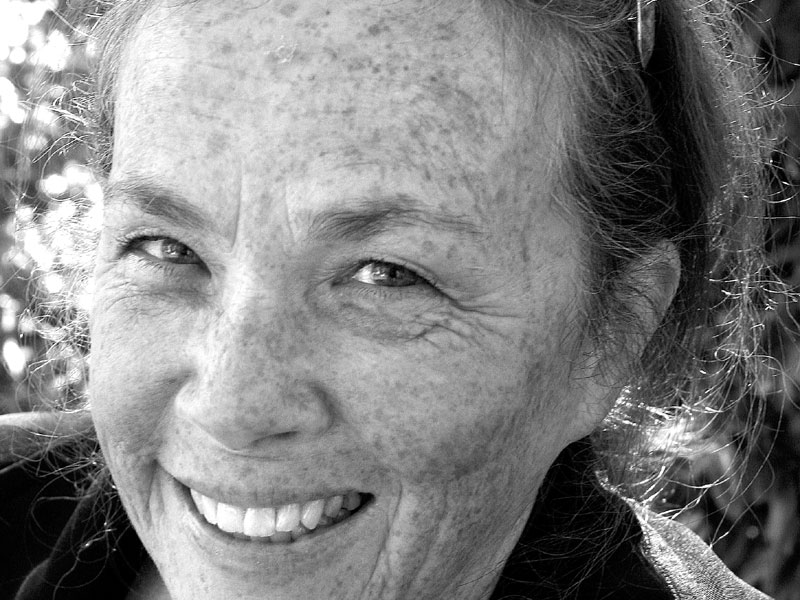Columnists
Sixty two official languages

Two official languages. Since the institution of the Official Languages Act, it has surprised me this country has only two official languages when there is potential for so many, many more. About 25 years ago, in my ignorance, I suggested there should be three official languages. English, French and “Native”. First of all, let me say I was a whole lot younger and blissfully unaware of the number of “Native” languages. One of my Canadian Studies professors sent me an email telling me it was a “grand idea” and all I had to do was figure out how to amend the Official Languages Act to include all of the “native” languages. “All”? Did he mean there was more than one? I knew one Cree speaker, and that comment made me do a bit of research. I was very surprised to learn there were about 60 “native” languages. His Supreme Professor-ness also suggested I might think about what a road sign, or a cereal box, or a piece of government literature would look like if all of the “native” languages had been included as official languages in the Act. If the professor’s intention was to change my mind, he didn’t know me very well. And some people don’t really know me very well at all. My thinking about official languages wasn’t changed then and, as of this moment, it still hasn’t changed.
The Official Languages Act, as it stands, provides that “Canadians” have the right to receive service from the federal government and crown corporations in both official languages. What about the First People? And what about the real languages of this land? Why did the French and English speakers have the last say in linguistic categories, anglophone, francophone and bilingual? Did someone decide it was too difficult to acknowledge the sixty First Nations languages? Did two official languages make sense to someone who had done their homework? The federal government was, and continues to be, part of the cultural genocide by ignoring the need to preserve those languages and to encourage the teaching and use of them. These are heritage languages. We think nothing of protecting a building, or even a tract of land, but are reluctant to give a voice to the people who were forced to share their land with European immigrants and refugees. I’m talking about the real languages of this land. We, all, should be very concerned these languages are not considered official.
The Truth and Reconciliation Commission acknowledged the “cultural genocide” that took place in residential schools. Most Canadians would have to agree the Commission’s findings were horrific. But a big part of that “genocide” was the silencing of those unofficial official languages. By denying Indigenous people the right to speak their own language, we have denied them, and silenced, their voice. We forced those children who were sent to residential school to step out of their culture and assimilate with the social institutions of foreigners. We took the beauty, the shape, the colour and the form away and gave them foreign-speak.
Onowa McIvor, an Associate Professor and former Director of Indigenous Education at the the University of Victoria said the proposal to include First Nations languages in the Official Languages Act has been raised many times over the decades since the Act was created. She suggests “it’s high time the federal government take action and become responsible for language preservation”. She feels it wouldn’t be impossible to acknowledge and recognize, nationally, and implement, regionally, those heritage languages. And this is our heritage, as Canadians. Over 200,000 people speak and rely on one or more of those languages. The UNESCO Atlas of World’s Languages in Danger project has reported that 75 per cent of our Indigenous languages are “definitely”, “severely” or “critically” in danger of being lost. The balance of those languages are “vulnerable/unsafe”. “Today only Cree, Inuktitut and Ojibwa are thought to have enough speakers to be sustained indefinitely.”
We can do better than this. Today, while we’re whinging and moaning about refugees and immigrants, we should remember who the immigrants and refugees are and pay a heap of respect to the people who were here from the beginning.
Kisteyihtamowin. Gichitwaawenindiwin+an. Inuuqatigiitsiarniq.

Comments (0)